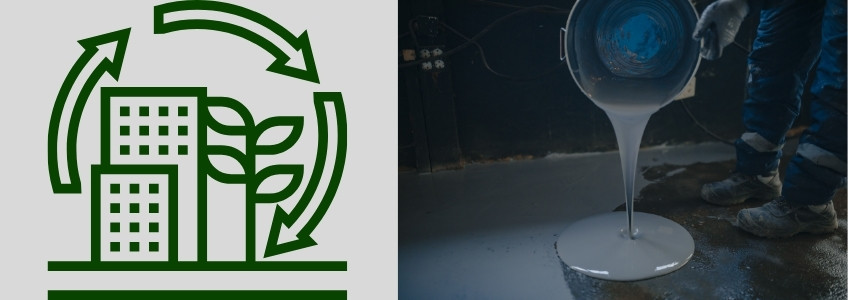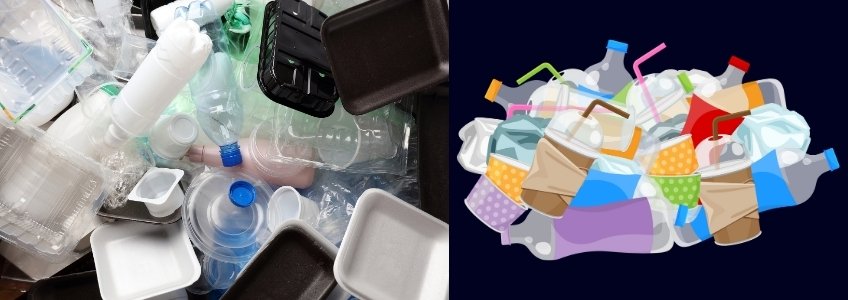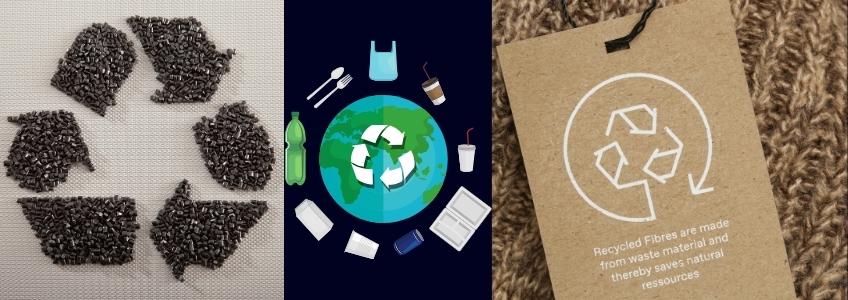
Practicing sustainability in the Resin Industry can mitigate the impact of harmful gasses and chemicals emitted during the production processes.
Introduction
Resin is a multipurpose material that is used by various industry sectors. The manufacturing units of the automobile industry, electronics industry, construction industry, etc., are all dependent on the resin industry.
Since resin is used as a raw material that generates waste, for so many industry sectors, it has a significant effect on the environment.
Due to the considerably large environmental footprint that the resin industry leaves behind, it is necessary to implement sustainable practices. These sustainable practices include effective recycling and reusing of waste generated by the resin industry.
Types of Waste generated by the Resin Industry

The resin industry majorly produces 3 types of waste. These 3 types of waste materials are then processed accordingly for recycling and reusing purposes.
- Post-Consumer Resin: This type of resin waste is generated after consumer use. These include plastic bottles or packaging materials.
- Post-Industrial Resin: The resin waste that is generated during manufacturing processes like trimmings or rejects.
- Scrap Resin: The pellets or powders that are defective or unused are called scrap resin.
Top 3 Ways of Reusing and Recycling Resin Waste
The resin industry can employ 3 sustainable strategies to reduce the environmental footprint of this industry sector.
1. Internal Reuse
- The need for virgin resin can be significantly reduced by reusing scrap resin. This can be done by regrinding scrap resin into smaller particles and reusing it in either the same product or a similar product. Reusing scrap resin also reduces the cost of production.
- The manufacturers in the resin industry can also create new products by combing both virgin resin and crap resin. This type of production process promotes sustainability and reduces the environmental footprint of the resin industry.
2. External Reuse
- Scrap resin can be reused to form new products that are chemically and physically different from the original resin. Repurposed resin can be used for small-scale molding and casting projects. It can also be used for creative projects like incorporating them in paintings.
- It can also be reused as an energy resource through processes like pyrolysis or gasification. This can be used as an alternate, sustainable source of generating heat and electricity required during the various stages of production.
3. Recycling Techniques
- Mechanical recycling is the most common way of recycling scrap resin. Its steps include sorting, shredding and washing the scrap resin to make it reusable.
- Chemical recycling involves the breaking down of the crap resin into its constituent monomers through various chemical processes. These monomers can then be repolymerized to produce new resins.
- Biological recycling uses microorganisms to break down the scrap resin into simpler compounds. These can either be further processed or used as compost.
Key Challenges Against Reusing and Recycling

Following the sustainable practices of reusing and recycling resin scrap offers significant advantages. Nonetheless, there are certain operational challenges that the manufacturers in the resin industry must overcome.
- Contamination is a key concern while recycling and reusing resin waste. For successful repurposing manufacturers must ensure that the scrap resin is free of any contaminants and meets the industry standards for reuse.
- There needs to be a consistent market demand for recycled resin products to promote the adoption of sustainable practices like recycling and reusing resin waste.
- The cost of recycling resin scrap is often quite high and manufacturers try to avoid investing in expensive processes of production. However, growing market demand for recycled resin products and technological advancements are helping to improve economic viability.
Conclusion
According to a few reports the recycled plastic resin market has a 9.01% CAGR (Compound Annual Growth Rate). This market for recycled resin products is growing because of its positive environmental impact.
Reusing and recycling scrap resin reduces waste production, preserves energy resources and significantly lowers the emission of greenhouse gasses.
Therefore, with the growing concerns of climate change more sustainable and environmentally friendly ways like repurposing scrap resin will be implemented by other sectors of industry as well.
If you are interested to achieve similar success stories, write to us!
